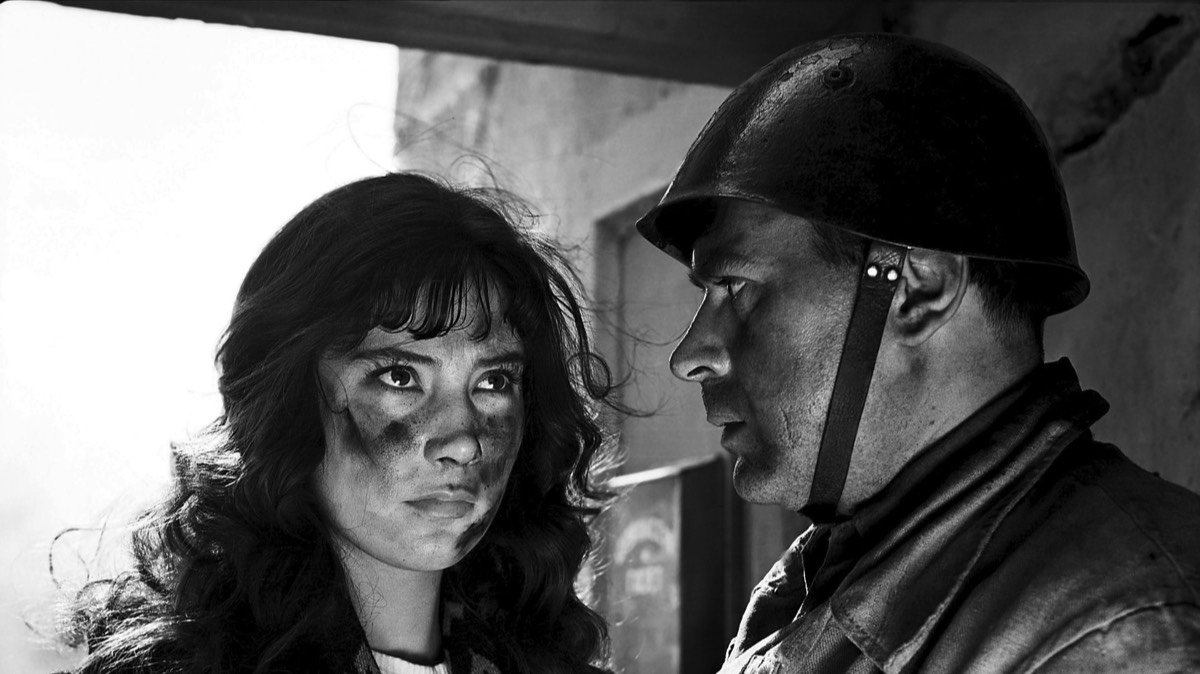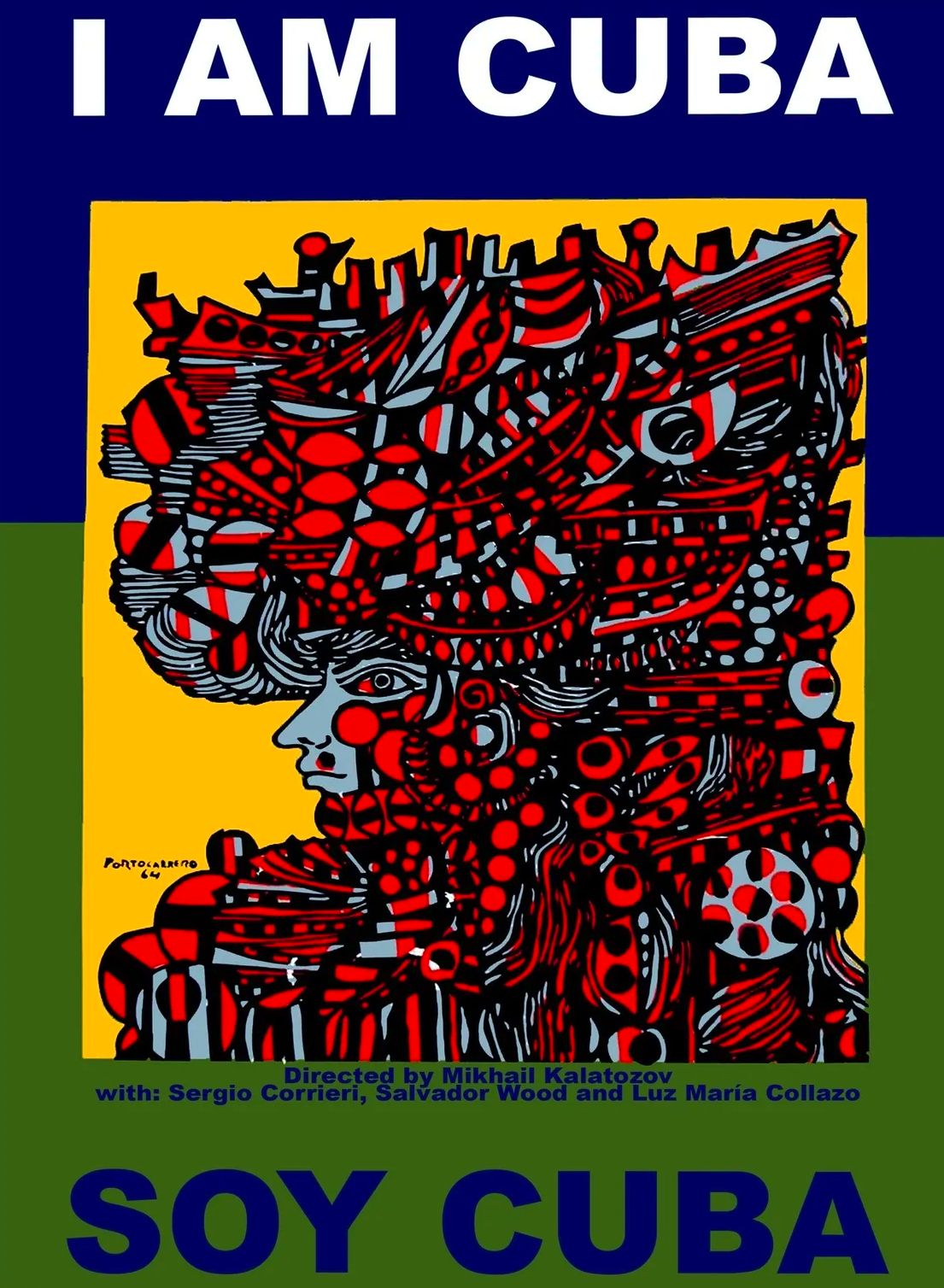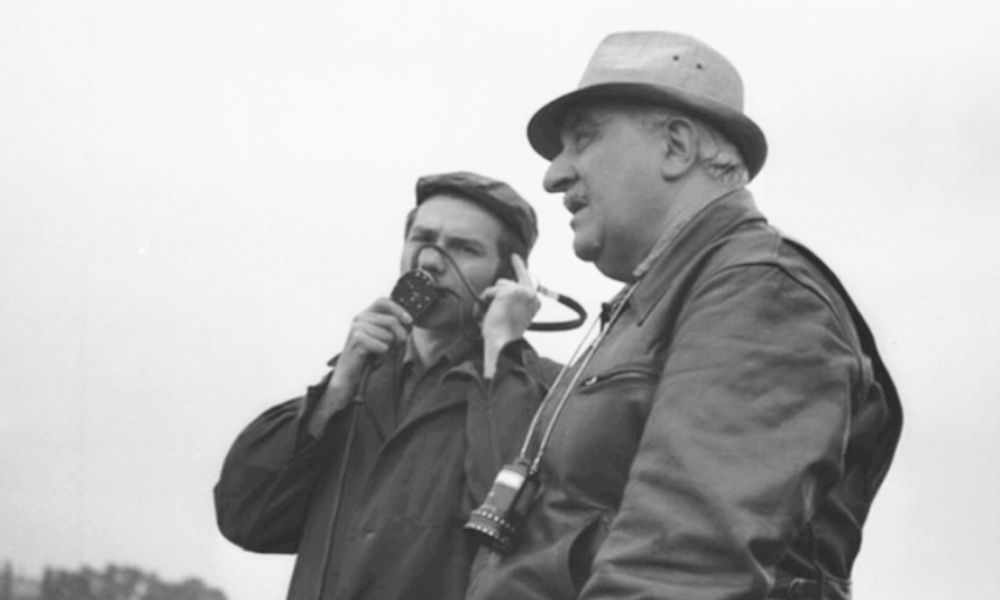"An innovative and compassionate filmmaker, Kalatozov used interesting and unusual montage and camera angles, combined with sharply effective editing to produce a poetic cinema not overly concerned with politics." - The Illustrated Who's Who of Cinema, 1983
Mikhail Kalatozov
Director
(1903-1973) Born December 28, Tiflis, Russian Empire (now Tbilisi, Georgia)
Top 250 Directors
(1903-1973) Born December 28, Tiflis, Russian Empire (now Tbilisi, Georgia)
Top 250 Directors
Key Production Country: USSR
Key Genres: Drama, War, Romance, Historical Film, Psychological Drama, Adventure Drama
Key Collaborators: Sergei Urusevsky (Cinematographer), Tatyana Samojlova (Leading Actress), Viktor Rozov (Screenwriter), Evgeniy Svidetelev (Production Designer)
Key Genres: Drama, War, Romance, Historical Film, Psychological Drama, Adventure Drama
Key Collaborators: Sergei Urusevsky (Cinematographer), Tatyana Samojlova (Leading Actress), Viktor Rozov (Screenwriter), Evgeniy Svidetelev (Production Designer)
"Soviet film maker who began as an editor and cameraman and directed, at the end of the silent period, the remarkable Salt for Svanetia. He made several other less interesting films before and during the war and, for a time, was Soviet Consul in Los Angeles before influencing the Soviet feature film of the Fifties and Sixties with his romantic masterpieces The Cranes Are Flying (57) and The Letter That Wasn't Sent (60), both of which made a great new actress, Tatiana Samoilova, internationally famous." - Georges Sadoul (Dictionary of Film Makers, 1972)
"Mikhail Kalatozov, a Soviet director of Georgian origin, was an influential figure in world cinema, best known for his poignant depictions of human resilience and endurance. His films, such as The Cranes Are Flying and I Am Cuba, have made lasting impressions for their emotional depth and innovative cinematography. Before embarking on his illustrious directing career, Kalatozov worked as a cinematographer and later as a diplomat. His directorial debut came in the early 1930s, and his passion for exploring the human spirit amidst societal upheavals was evident even in his early works. This theme is best displayed in his masterpiece, The Cranes Are Flying, which depicts the anguish and human cost of World War II on the Soviet home front." - Bronze Screen Dream

The Cranes Are Flying (1957)
"Soviet filmmaker Mikhail Kalatozov made numerous films, but is best remembered for three important dramas. The first Salt of Svanetia (1930) was a seminal work in early Soviet cinema, noted for its beautiful cinematography, and sensitive look at life in a remote Caucasian village. Though greatly appreciated today, authorities originally considered it too antagonistic. The second, The Nail in the Boot (1932) was banned for the same reason. Kalatozov first gained international recognition for the third film The Cranes Are Flying (1957). In 1958, it won the Golden Palm award at Cannes." - Allmovie
"While many collectives of world cinema will refer to 1920s Soviet Union filmmaker Sergei Eisenstein as the father of contemporary Russian cinema for his still-influential epic Battleship Potemkin followed by his Ivan the Terrible film series as well as Andrei Tarkovsky as subsequently the most popular Russian filmmaker who ever lived, one name remains curiously overlooked despite winning a Palme d’Or in 1958 as well as making one of the boldest feature films on the face of the Earth. That honor goes to People’s Artist of the USSR winner Mikhail Kalatozov who from a purely technical standpoint was arguably Russia’s very own Fritz Lang, a cinematic scientist who broke the cinematic mold in such a way that his films still influence major filmmakers today." - Andrew Kotwicki (The Movie Sleuth, 2021)
"The great films that bookend the career of Mikhail Kalatozov brought together revolutionary politics and revolutionary cinema." - Giuliano Vivaldi (Jacobin, 2023)
Selected Filmography
{{row.titlelong}}
Mikhail Kalatozov / Fan Club
Sukhdev Sandhu, Gaspar Noé, Mike Leigh, Sally Potter, Aleksandr Zeldovich, James Gray, Stephen Quay & Timothy Quay, Alysson Oliveira, Edgar Anstey, Zach Ralston, Mark Lager, Alan Bacchus.
Sukhdev Sandhu, Gaspar Noé, Mike Leigh, Sally Potter, Aleksandr Zeldovich, James Gray, Stephen Quay & Timothy Quay, Alysson Oliveira, Edgar Anstey, Zach Ralston, Mark Lager, Alan Bacchus.
"Fan Club"
These film critics/filmmakers have, on multiple occasions, selected this director’s work within film ballots/lists that they have submitted.
These film critics/filmmakers have, on multiple occasions, selected this director’s work within film ballots/lists that they have submitted.


